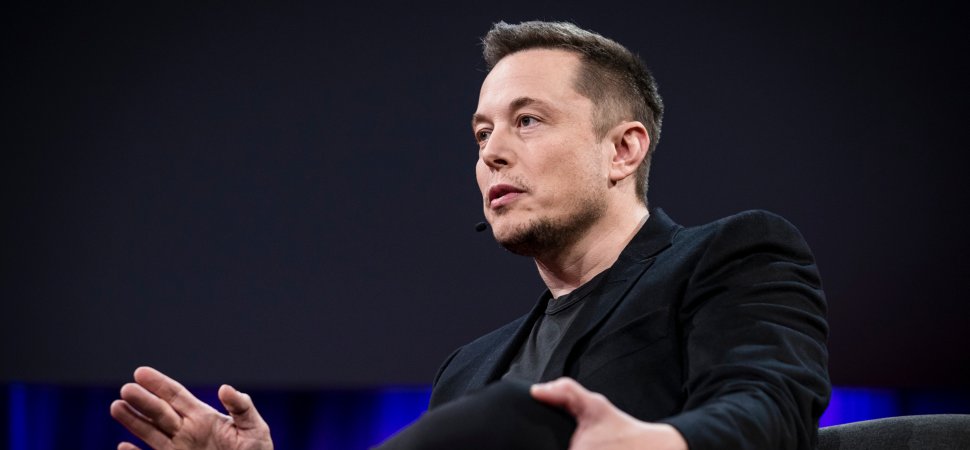Chicago has selected billionaire entrepreneur Elon Musk’s Boring Co to build a high-speed underground commuter system from the downtown Loop district to O’Hare International Airport, one of the world’s busiest, the company and the mayor’s office said.
The service from downtown to the airport on electric vehicles in underground tunnels will take 12 minutes, mayoral spokesman Adam Collins and the company said on Twitter on Wednesday night. The trip currently takes 30 to 45 minutes.
The project will be funded by the company with no taxpayer subsidies, Collins and the company said. The plan will be formally announced by Mayor Rahm Emanuel on Thursday afternoon.
“We’re really excited to work with the Mayor and the City to bring this new high-speed public transportation system to Chicago!” the company said on Twitter. Musk retweeted the comment.
The system will include 16-passenger vehicles called “skates” that will travel up to 150 mph (240 km per hour) through a tunnel.
Boring said the fare will be less than half that of a taxi or ride share but more than the fare on the current train system.
The skates will leave every 30 seconds and the system will operate 20 hours a day, seven days a week, the company said.
Musk unveiled a similar plan last month in Los Angeles to build tunnels beneath the city for a high-speed network of “personalized mass transit.” He promised to build it without disturbance or noise at the surface.
Two Los Angeles neighborhood groups have launched a legal challenge to Boring’s bid to win fast-track city approval of a 2.7-mile-long tunnel beneath a busy stretch of the city’s West Side.
Boring is seeking an exemption from a lengthy environmental review of the Los Angeles test tunnel. Opponents say it violates state law forbidding such waivers for large-scale projects on a piecemeal basis.
The Chicago and Los Angeles projects come as Musk wrestles with production problems for the rollout of the highly anticipated Tesla Inc Model 3 sedan. Some investors are concerned his leadership roles at Boring and his rocket-building firm SpaceX have spread him too thin.






